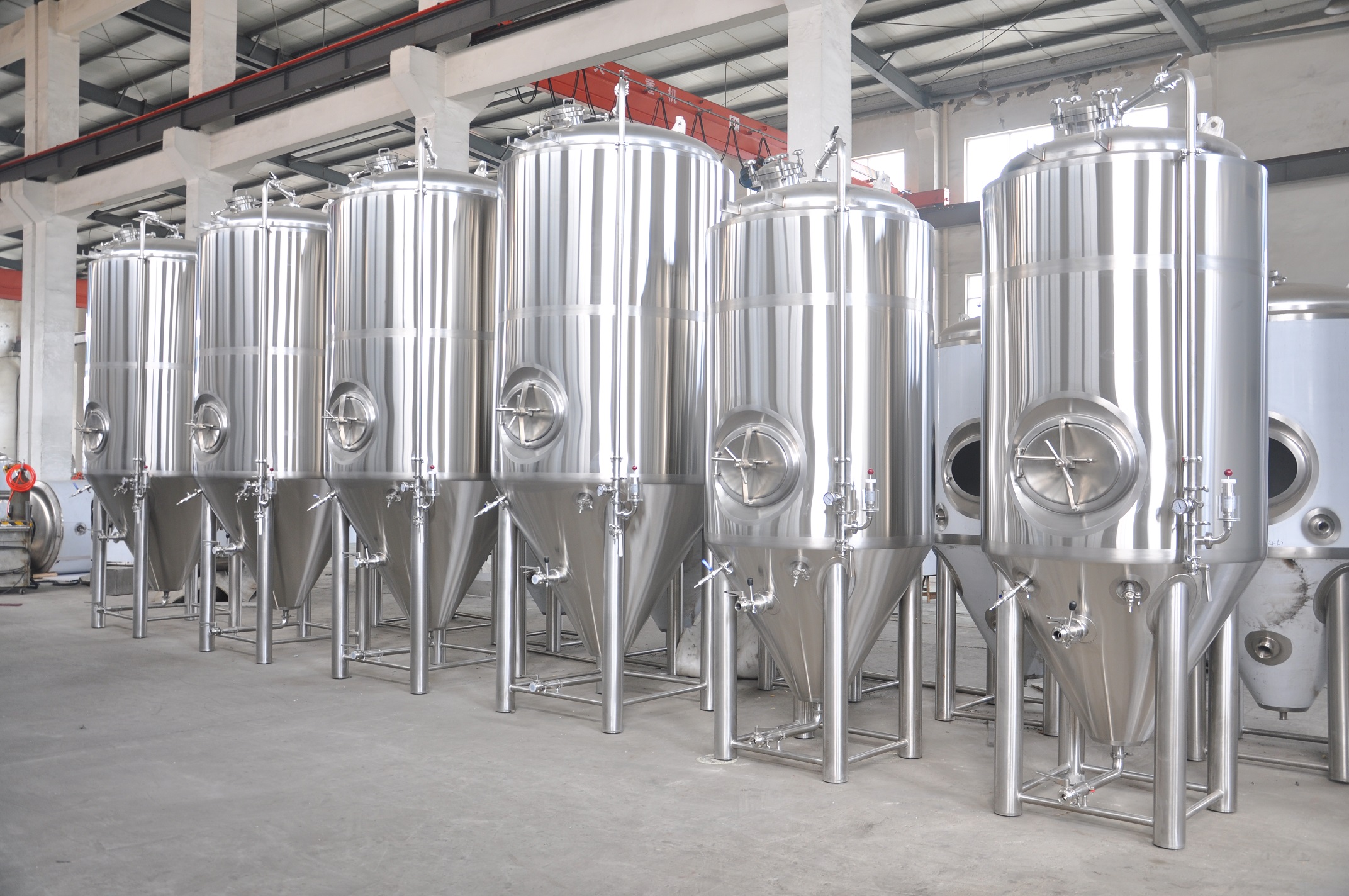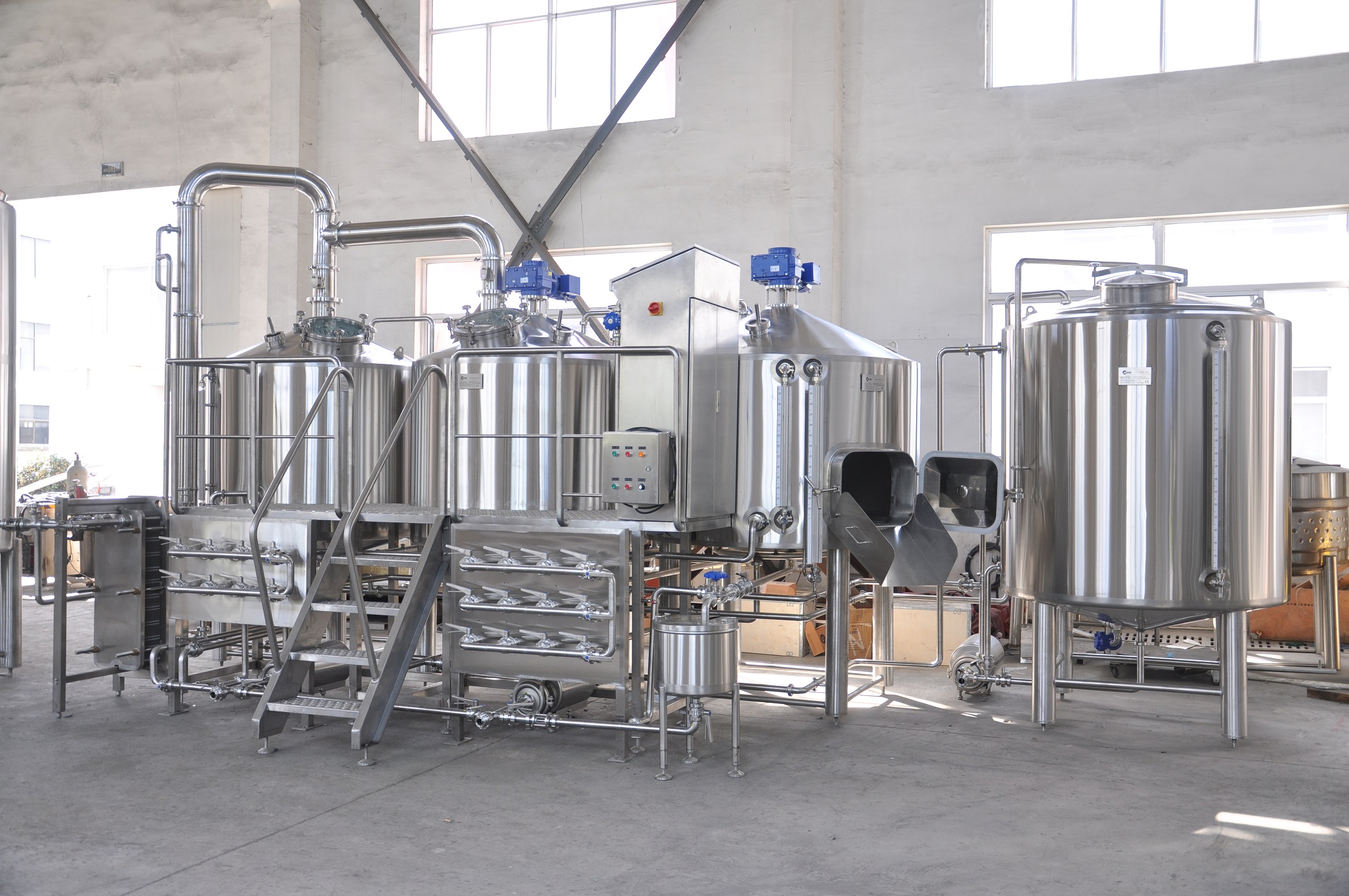
A Comprehensive Guide To Setting Up Your Own Brewery
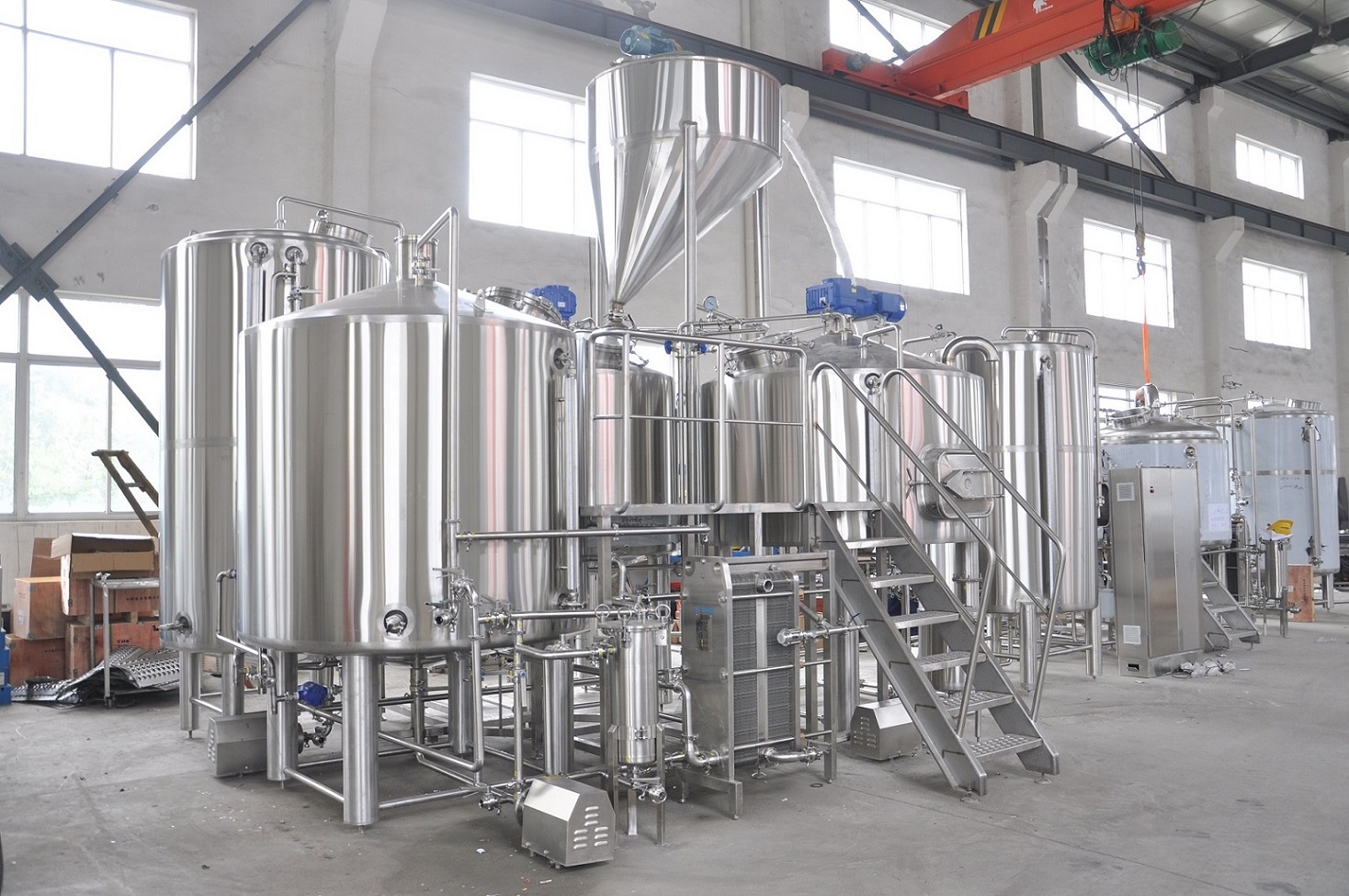
Setting up a brewery can be an exciting and rewarding venture. Here are some key steps to consider when setting up your own brewery:
1.Research and Planning:
Study the market and industry trends to understand the demand for craft beer in your area.
Identify your target audience and determine the type of beer you want to brew.
Develop a business plan that includes market analysis, funding requirements, and operational details.
2.Define Your Brewery’s Concept:
Determine the type of brewery you want to establish, such as a microbrewery, brewpub, or contract brewing operation.
Decide on the beer styles you want to produce and the overall brand image you want to create.
Consider factors like local market demand, your brewing expertise, and available resources.
3.Financing:
Determine your budget and secure funding for your brewery.
Explore options like personal savings, loans, investors, or crowdfunding platforms.
4.Location and Infrastructure:
Find a suitable location for your brewery. Consider factors such as accessibility, space requirements, zoning regulations, and proximity to your target market.
Ensure the building meets safety codes and has the necessary utilities (water, electricity, drainage) for brewing operations.
Create a layout that optimizes workflow and maximizes efficiency.
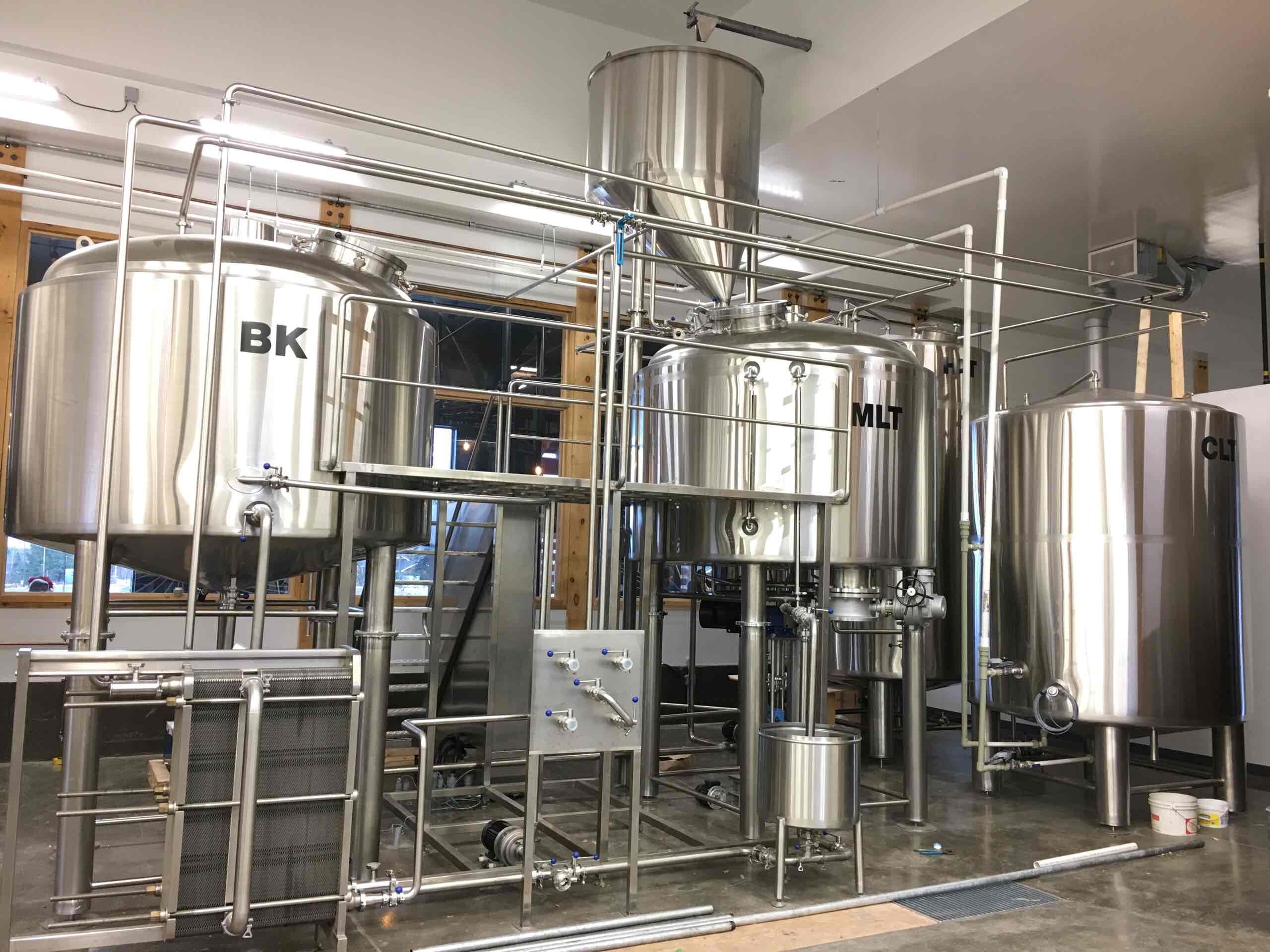
5.Licenses and Permits:
Obtain the necessary licenses and permits required to operate a brewery in your region. This may include federal, state/provincial, and local permits.
Familiarize yourself with the legal requirements, such as health and safety regulations, labeling rules, and any specific restrictions on alcohol production.
6.Equipment and Supplies:
Purchase brewing equipment, which may include brewhouse vessels, fermentation tanks, cooling systems, packaging equipment, and quality control tools.
Source high-quality ingredients like malt, hops, yeast, and adjuncts from reputable suppliers.
Invest in cleaning and sanitation supplies to maintain a hygienic brewing environment.
7.Staffing:
Determine the staff requirements for your brewery, such as brewers, cellar workers, packaging operators, sales and marketing personnel, and administrative staff.
Hire skilled and passionate individuals who align with your brewery’s vision and values.
8.Brewing Process:
Develop your beer recipes and test them on a smaller scale before scaling up to production.
Implement quality control measures to ensure consistency and high standards in your beer production.
Establish standard operating procedures for brewing, fermentation, packaging, and cleaning processes.
9.Branding and Marketing:
Create a compelling brand identity for your brewery, including a logo, packaging design, and brand story.
Develop a marketing strategy to promote your brewery and its products. This can include online and offline advertising, social media presence, participation in beer festivals, collaborations, and partnerships with local businesses.
10.Distribution and Sales:
Determine how you will distribute your beer, whether through self-distribution, partnering with distributors, or operating a taproom or brewpub.
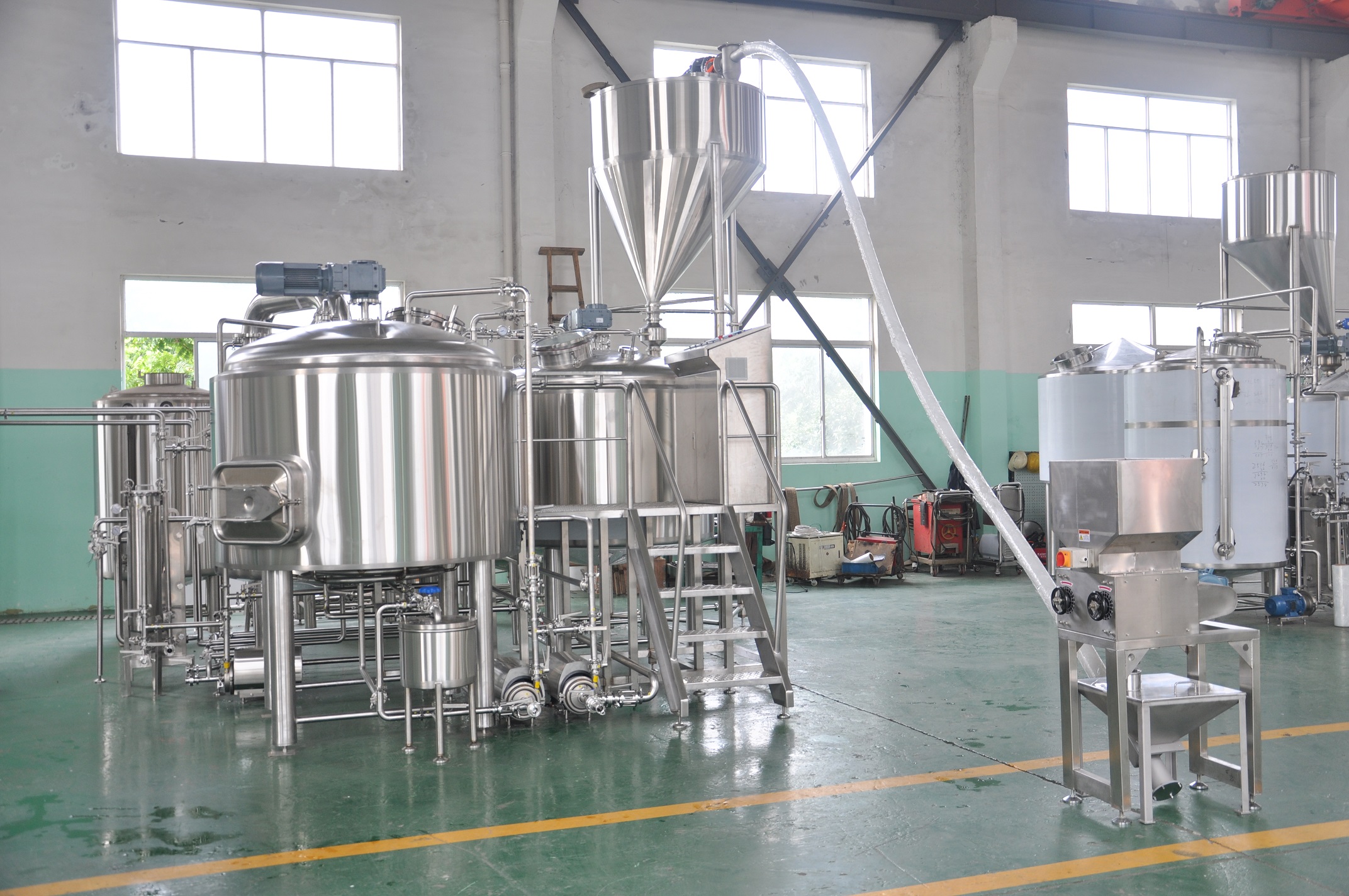
Establish relationships with bars, restaurants, liquor stores, and other potential retailers.
Consider direct-to-consumer sales through e-commerce platforms or a taproom on-site.
11.Ongoing Operations and Growth:
Continually refine your beer recipes based on customer feedback and market trends.
Monitor production costs, inventory management, and financial performance to ensure profitability.
Explore opportunities for expansion, such as increasing production capacity, opening additional locations, or diversifying your product line.
Remember, setting up a brewery requires careful planning, attention to detail, and a passion for craft beer. It’s important to stay informed about industry trends, engage with the local beer community, and continuously learn and adapt to the ever-changing market.
